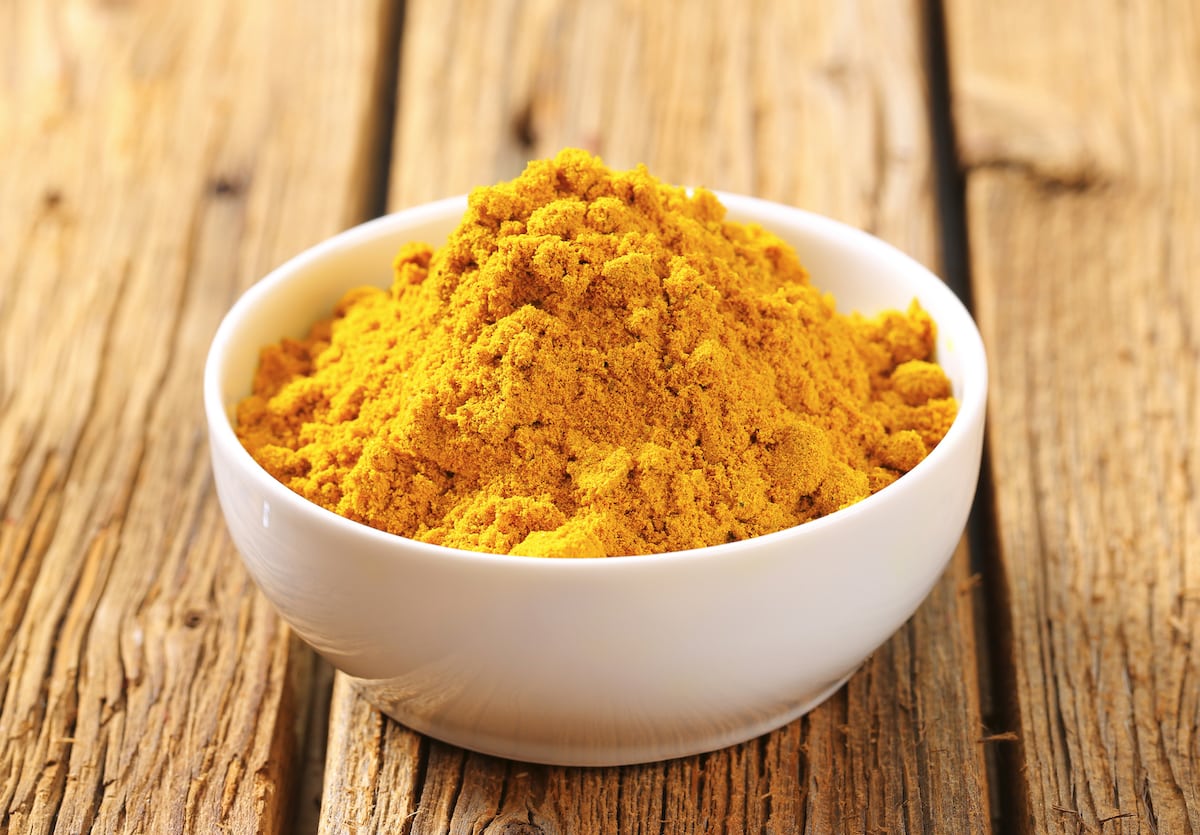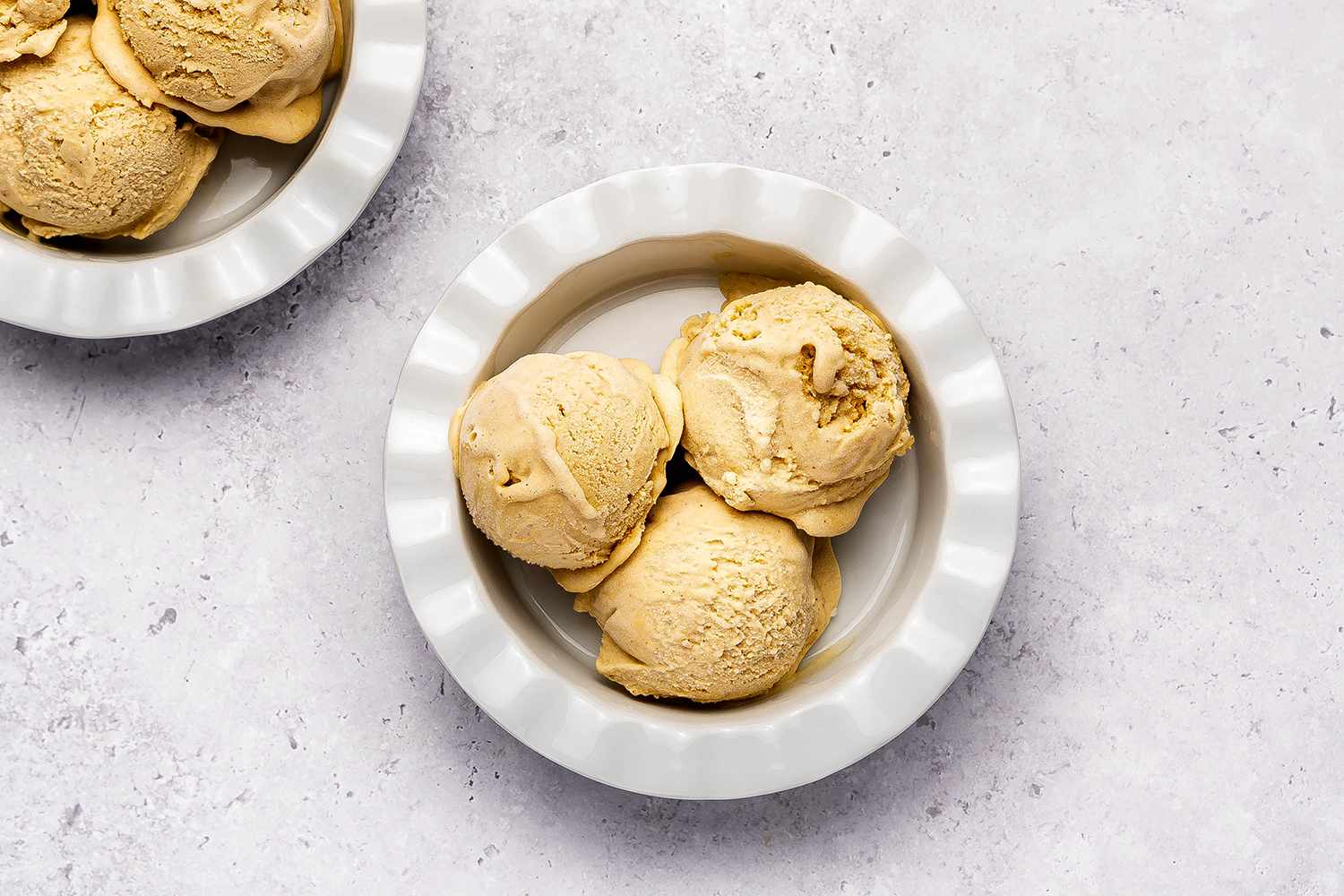When it comes to Japanese cuisine, wasabi is a staple ingredient that adds a unique and pungent flavor to many dishes. This green paste is often served alongside sushi and sashimi, but its uses extend far beyond the realm of raw fish. In this article, we'll explore the origins of wasabi, its distinctive flavor, and its potential health benefits.
What is Wasabi?
Wasabi is a plant native to Japan and is also known as Japanese horseradish. The most prized part of the plant is the rhizome, which is grated to produce the pungent green paste that we are familiar with. The flavor of wasabi is often described as hot and spicy, similar to horseradish, but with a more floral and herbal undertone.
Culinary Uses
In Japanese cuisine, wasabi is commonly paired with sushi and sashimi. Its intense flavor helps to cut through the richness of raw fish, providing a refreshing and zesty contrast. However, wasabi can also be used in other dishes, such as marinades, dressings, and sauces, to add a kick of heat and complexity.
Health Benefits
Beyond its culinary applications, wasabi may also offer some health benefits. It contains allyl isothiocyanate, a compound that has been studied for its potential anti-inflammatory and antimicrobial properties. Additionally, wasabi is low in calories and contains small amounts of vitamins and minerals, making it a healthy choice for adding flavor to meals.
How to Enjoy Wasabi
If you're new to wasabi, it's best to start with a small amount, as its intense heat can be overwhelming for some people. When serving wasabi with sushi, a small dab is all that's needed to enhance the flavor of the fish. For those who enjoy a bit more heat, wasabi can be mixed with soy sauce to create a dipping sauce with a spicy kick.
Substitutes for Wasabi
If you're unable to find fresh wasabi or prefer a milder flavor, there are several substitutes that can be used in its place. These include:
- Horseradish: This pungent root vegetable has a similar heat to wasabi and can be used as a substitute in a pinch.
- Mustard: Prepared mustard, especially the hot and spicy varieties, can provide a similar kick to wasabi.
- Wasabi Powder: This powdered form of wasabi can be reconstituted with water to create a paste that closely resembles the fresh version.
Conclusion
Wasabi is a versatile and flavorful ingredient that adds a unique dimension to Japanese cuisine. Whether enjoyed with sushi, sashimi, or other dishes, its distinctive heat and aroma make it a beloved condiment. With its potential health benefits and wide range of culinary uses, wasabi is a must-try for anyone looking to explore the diverse world of Japanese flavors.
Was this page helpful?
Read Next: What Is Sugar Gravy?











